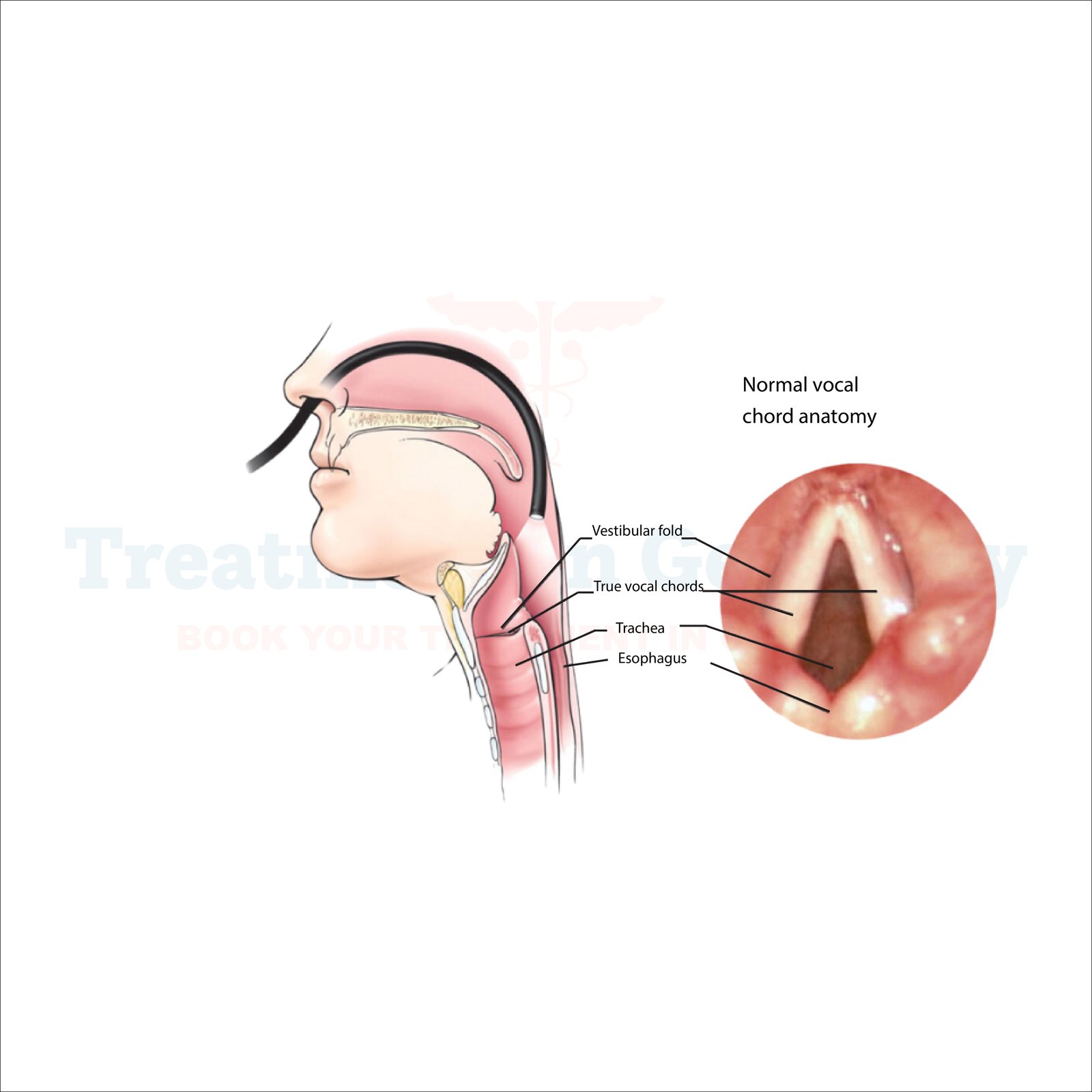What are Vocal Cord Nodules, Polyps, and Cysts?
Vocal cord nodules, polyps, and cysts are common conditions that affect the vocal cords, which are vital for producing sound.
- Vocal Cord Nodules: Also known as singer's nodules, these are small, benign growths that develop on the vocal cords due to vocal strain or overuse. They often occur bilaterally and are similar to calluses.
- Polyps: Vocal cord polyps are soft, fluid-filled lesions that can develop on one or both vocal cords. They are usually caused by prolonged vocal abuse or trauma.
- Cysts: Vocal cord cysts are sac-like structures filled with fluid or mucus that develop on the vocal cords. They can be either mucus retention cysts or epidermoid cysts.
Side effects of Vocal Cord Nodules, Polyps, and Cysts:
These conditions can cause a range of symptoms, including:
- Hoarseness or raspiness in the voice
- Vocal fatigue
- Pain or discomfort while speaking or singing
- Difficulty projecting the voice
- Changes in pitch or tone of the voice
- Feeling like there's a lump in the throat
- Voice breaks or cracks
How are Vocal Cord Nodules, Polyps, and Cysts Diagnosed?
- A detailed medical history, including vocal habits and any previous vocal trauma
- A physical examination of the throat and vocal cords using a specialized scope (laryngoscopy)
- Voice assessment to evaluate vocal quality, pitch range, and endurance
- Imaging tests such as a laryngeal ultrasound or MRI to assess the extent and nature of the lesions
Potential Treatments of Vocal Cord Nodules, Polyps, and Cysts:
Treatment options depend on the specific diagnosis, severity of symptoms, and individual patient factors. They may include:
- Voice Therapy: This involves working with a speech-language pathologist to learn vocal techniques and exercises to reduce strain and improve vocal function.
- Medication: In some cases, corticosteroid medications may be prescribed to reduce inflammation and swelling of the vocal cords.
- Surgery: For larger or more persistent lesions, surgical removal may be necessary. This can often be done using minimally invasive techniques such as laser surgery or microsurgery.
- Vocal Rest: Resting the voice and avoiding activities that strain the vocal cords can help promote healing and prevent further damage.
- Hydration and Vocal Hygiene: Drinking plenty of water and maintaining good vocal hygiene practices can help keep the vocal cords healthy and reduce the risk of recurrence.
👉 Contact us for further information and receive a
complimentary consultation.


.webp)
 (1).webp)

.webp)
 (1).webp)


.webp)
 (1).webp)

.webp)
 (1).webp)
